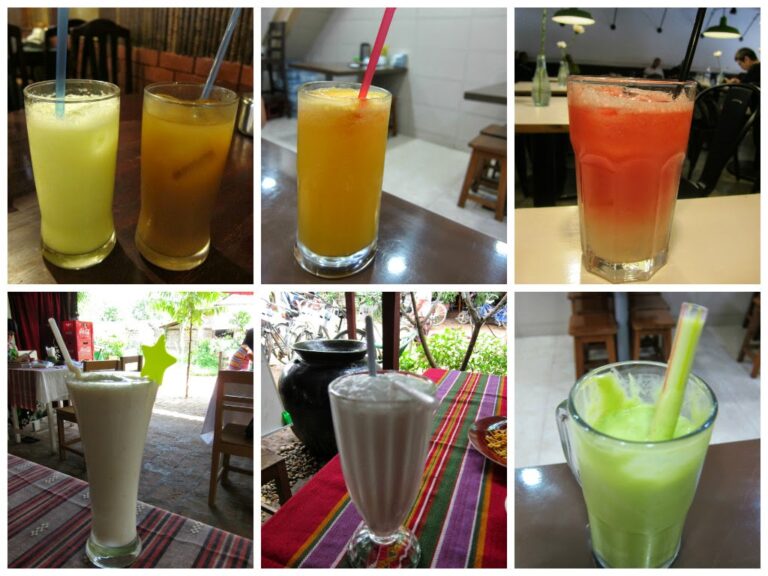Introduction: Mozambique’s Drinking Culture
Mozambique is known for its diverse culture, including its food and drinks. The country’s drinking culture is no exception, with various traditional drinks that are enjoyed by locals and visitors alike. From non-alcoholic beverages to homemade brews and herbal teas, there is always something for everyone to try.
Mazoe: A Popular Non-Alcoholic Beverage
Mazoe is a popular non-alcoholic beverage in Mozambique that is made from concentrated fruit juice. It is commonly found in supermarkets and roadside stalls across the country and is enjoyed by both children and adults. The drink comes in different flavours, including orange, blackcurrant, and passion fruit.
Mazoe is not just a refreshing drink, but it is also packed with essential vitamins and minerals that are beneficial to the body. It is a great alternative to sodas and other sugary drinks, making it a healthier option for those looking to quench their thirst.
Vimbi: A Refreshing Homemade Brew
Vimbi is a homemade brew that is typically made from maize and cassava. It is a refreshing drink that is consumed by many Mozambicans, especially during the hot summer months. Vimbi is usually sold in markets and street corners, and it is often served in recycled glass bottles.
Although Vimbi is not an alcoholic drink, it is known to have some level of fermentation. This gives it a slightly sour taste, which is balanced out by its sweetness. Vimbi is a great alternative to commercial drinks, especially for those who are looking for a more natural and organic option.
Ginja: A Traditional Alcoholic Drink
Ginja is a traditional alcoholic drink that is made from fermented maize and cassava. It is a popular drink during celebrations and special occasions, such as weddings and festivals. Ginja is usually served in large clay pots, and it is consumed by both men and women.
Although Ginja is an alcoholic drink, it is not as strong as other traditional brews found in other African countries. It has a sweet and slightly sour taste, and it is often enjoyed with snacks and traditional dishes.
Matata: A Health-Boosting Herbal Tea
Matata is a herbal tea that is made from the leaves of the Moringa oleifera tree. It is believed to have numerous health benefits, including boosting the immune system, reducing inflammation, and improving digestion. Matata is often consumed by Mozambicans as a natural remedy for various ailments.
Matata is easy to make, and it is usually brewed by steeping the leaves in hot water for a few minutes. It has a slightly bitter taste, which is often balanced out by adding honey or sugar.
Tswala: A Sour Sorghum Beer
Tswala is a homemade sour beer that is made from sorghum. It is a traditional drink that is consumed by many Mozambicans, especially in rural areas. Tswala has a sour taste, which is attributed to the fermentation process that it undergoes.
Tswala is not as strong as other traditional beers found in other African countries, but it is still considered an alcoholic drink. It is often consumed during social gatherings and celebrations, and it is usually served in large clay pots. Tswala is a great way to experience Mozambique’s drinking culture and to interact with the locals.

